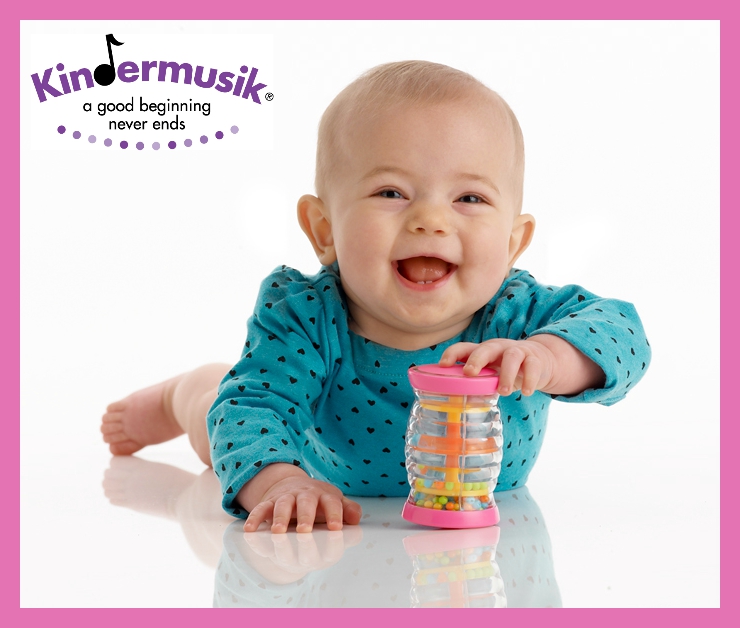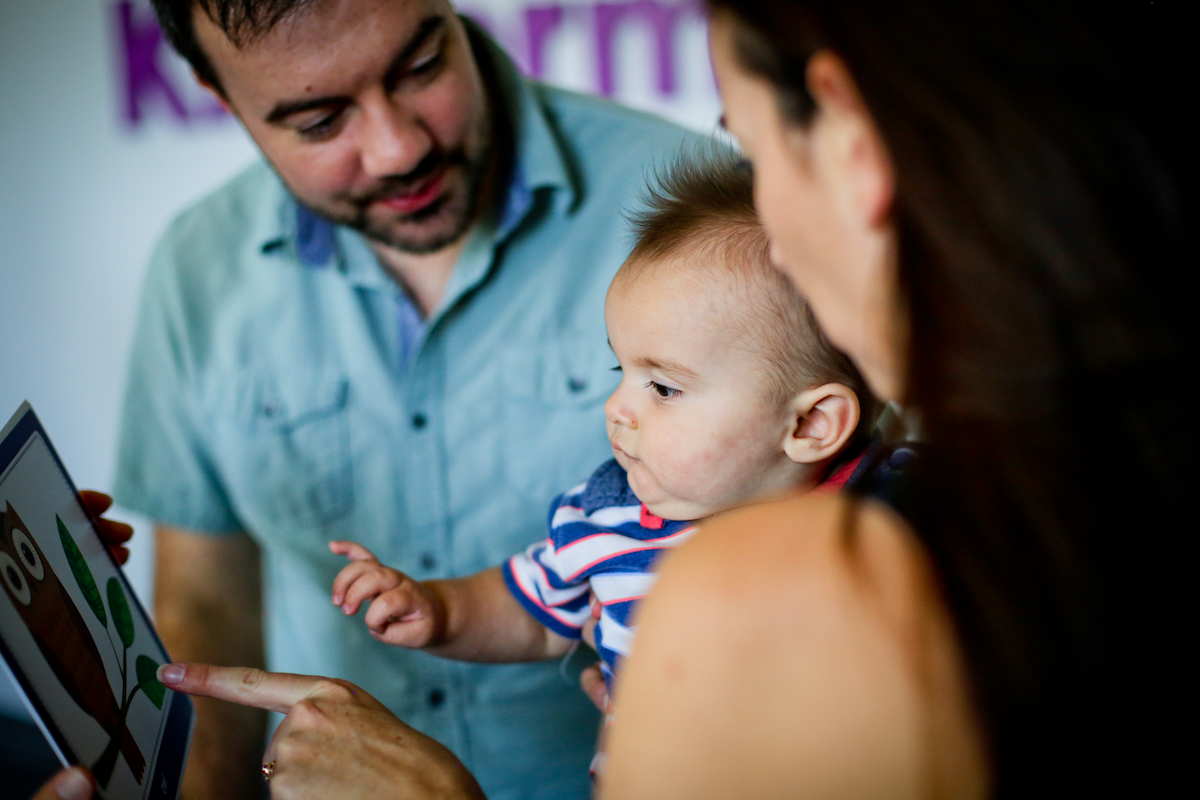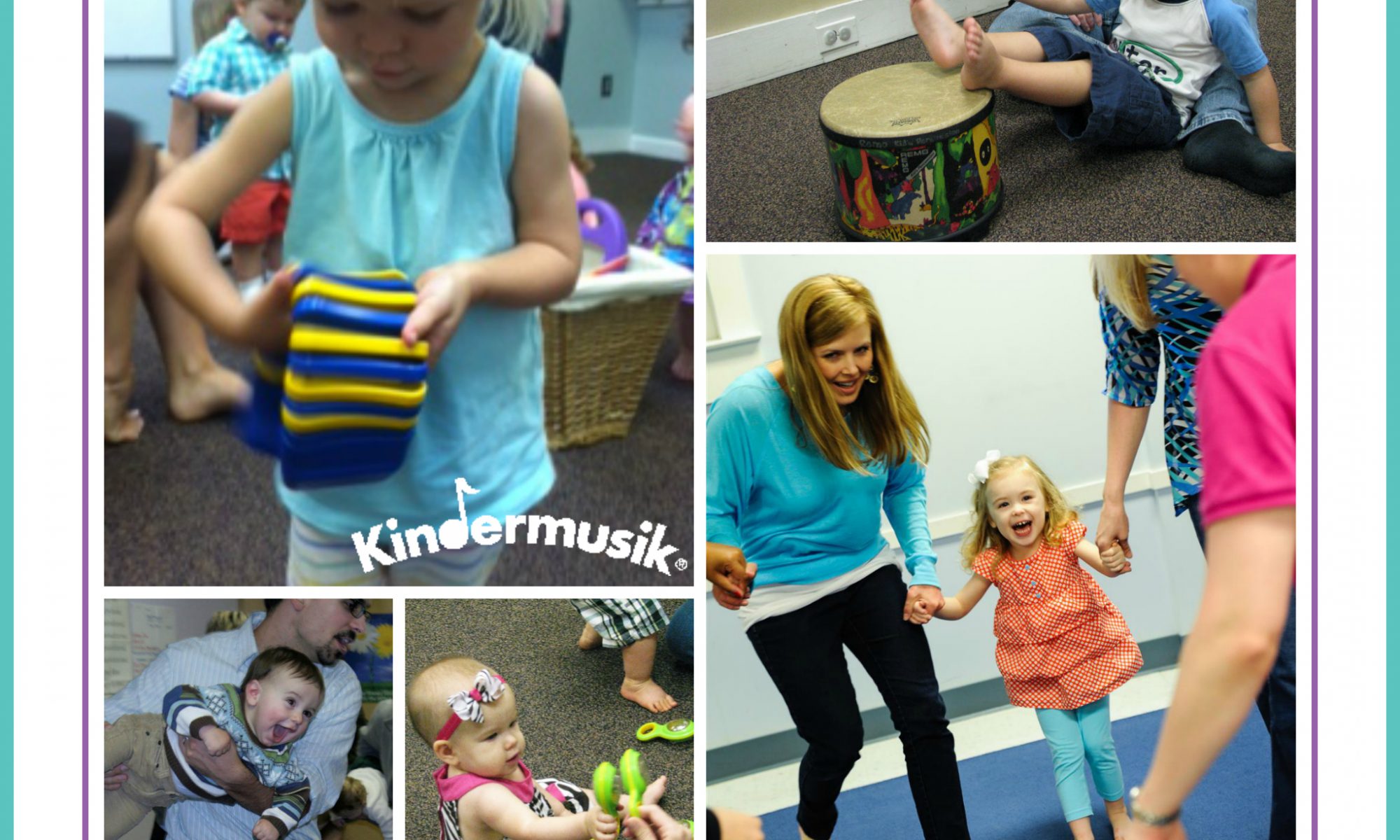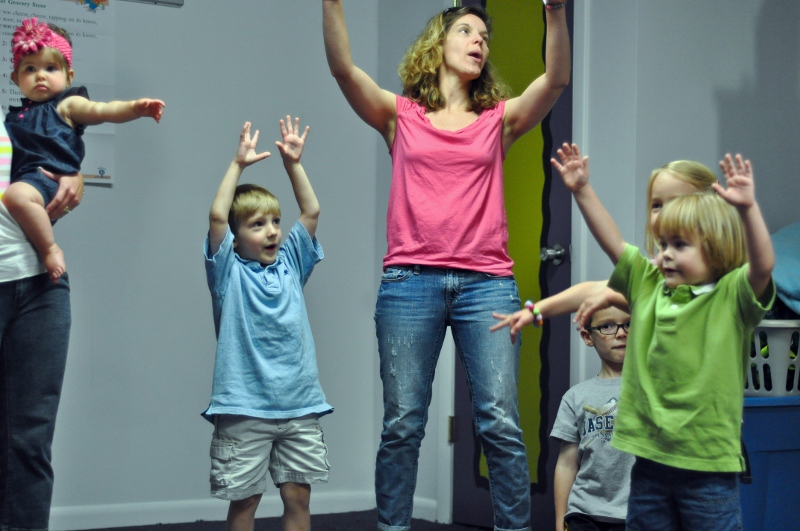[vc_row][vc_column][vc_column_text]Music is full of patterns. It’s why educators and researchers have pointed out for a long time now that music helps kids with math. And now, thanks to technological advances that help us “see” inside the brain, we’re starting to understand more and more of how music shapes and impacts cognitive development, therefore significantly impacting other areas of development such as language acquisition.
In the earliest years, a child’s ongoing cognitive development and experiences are a big part of his or her language development. The cognitive aspects of learning to speak and communicate have a great deal to do with memory, focus, and understanding patterns.
This is where early childhood music classes come in. Recent research has found that music and movement classes literally changed how the brain processed “both music and new speech sounds.”[/vc_column_text][/vc_column][/vc_row][vc_row][vc_column][vc_column_text]
NEW RESEARCH
The findings of this study were incredibly exciting to those of us who are so passionate about providing early childhood music enrichment experiences through our weekly Kindermusik classes.
“Our study is the first in young babies to suggest that experiencing a rhythmic pattern in music can also improve the ability to detect and make predictions about rhythmic patterns in speech,” said lead author Christina Zhao, a post-doctoral researcher at University of Washington’s Institute for Learning & Brain Sciences.
“This means that early, engaging musical experiences can have a more global effect on cognitive skills.”
“In both the music and control groups, we gave babies experiences that were social, required their active involvement and included body movements – these are all characteristics that we know help people learn. The key difference between the play groups was whether the babies were moving to learn a musical rhythm.”
Music and movement classes like Kindermusik baby and toddler classes check all of these boxes and more – a rich social experience, delightfully engaging parent-child play and interaction, rhythmic experiences through instrument play and movement activities, an immersive language environment, and a beautiful, sequential curriculum. These curricula are thoughtfully and carefully designed, not only to be joyful and playful, but also meaningful and impactful on a child’s long term learning and development.
“This research reminds us that the effects of engaging in music go beyond music itself. Music experience has the potential to boost broader cognitive skills that enhance children’s abilities to detect, expect and react quickly to patterns in the world, which is highly relevant in today’s complex world.”[/vc_column_text][/vc_column][/vc_row][vc_row][vc_column][/vc_column][/vc_row][vc_row][vc_column][vc_column_text]Now more than ever, we’re proud to confidently assure parents that one of the very best learning experiences you can give your little one are the delightful and developmentally rich experiences you will both have in a weekly music and movement class like Kindermusik.
And we promise, you’ll get the extra bonus of being a part of putting that adorable smile on her little face and that sweet song in his little heart…to stay.[/vc_column_text][vc_separator][vc_column_text]Contributed by Theresa Case whose award-winning Kindermusik program at Piano Central Studios in upstate South Carolina has been making a difference for children and families for over 20 years now.[/vc_column_text][/vc_column][/vc_row]




 Here are six music activities that support early language development – all six are favorites of our Kindermusik parents in class and at home:
Here are six music activities that support early language development – all six are favorites of our Kindermusik parents in class and at home: Learn more about how Kindermusik can give you the inspiration you need for improving your child’s language development at
Learn more about how Kindermusik can give you the inspiration you need for improving your child’s language development at 
